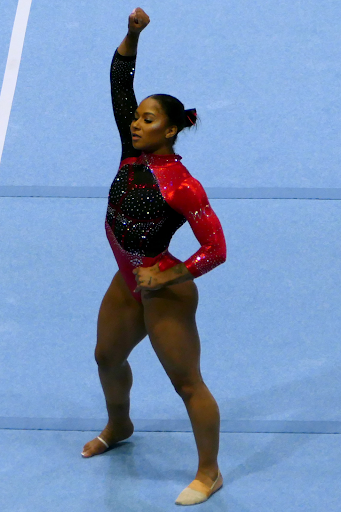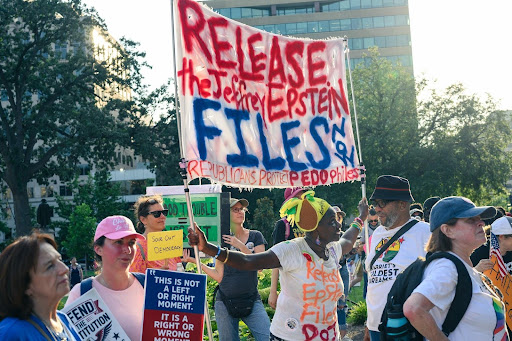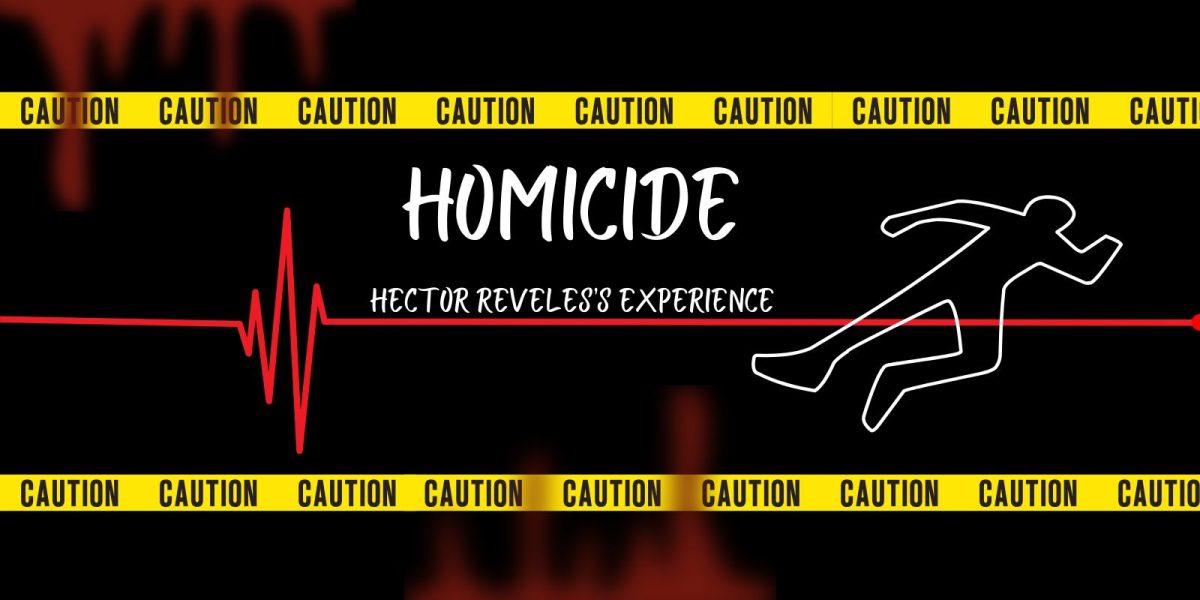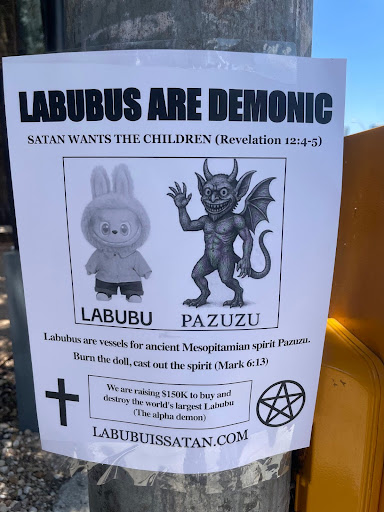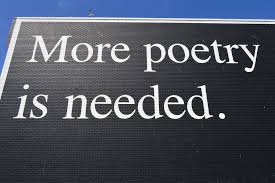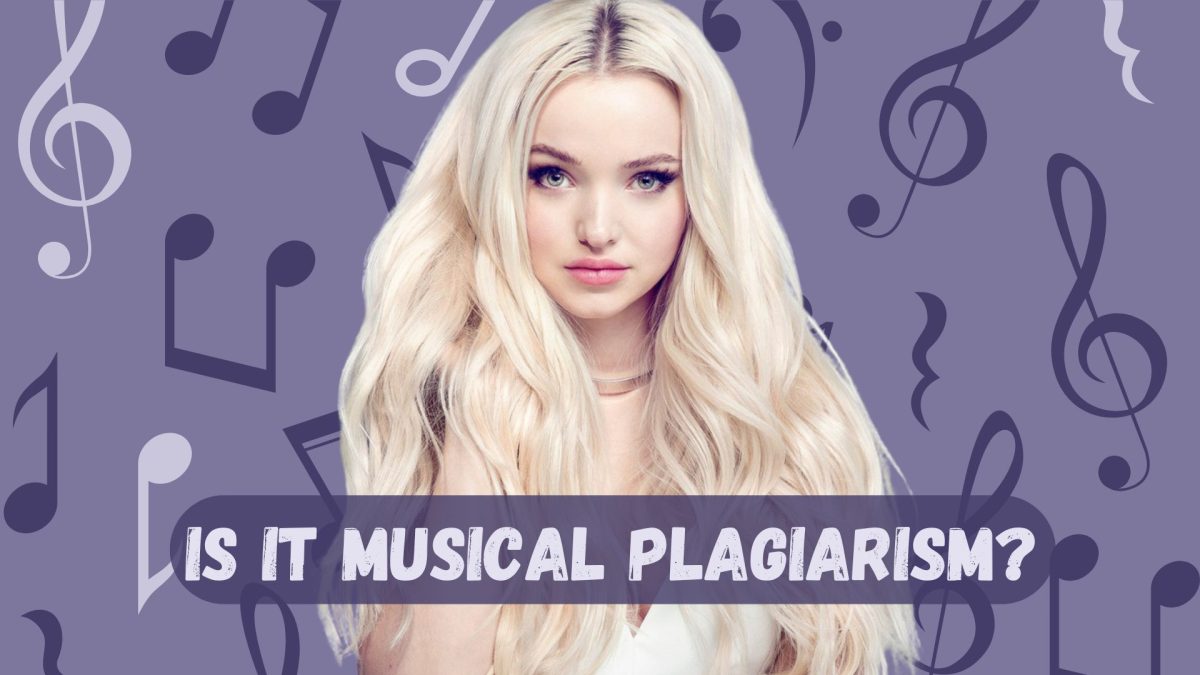While musical plagiarism cases often make the news for their engaging topics, the lines between free use and copyright infringement are grey. According to the U.S. Copyright Office, “There are no legal rules permitting the use of a specific number of words, a certain number of musical notes, or percentage of a work. Whether a particular use qualifies as fair use depends on all the circumstances.” This makes lawsuits on the topic contentious and vague. Lawyer Drummer explains, “The law states that anything that reflects a ‘minimal spark’ of creativity and originality can be copyrightable, including melody, chord progression, rhythm and lyrics.”
According to Paul&Paul, a legal agency, the person claiming infringement (the plaintiff) “will have to prove two things before a court of law- ‘access’ and ‘substantial similarity.’ In layman terms, this means that the person claiming infringement has to prove that the person who “stole” their work listened to the music before writing it and that their work matches the original one. If they can do this, then they have a copyright infringement claim.
Paul&Paul also explains that the defendant would be left to argue one of the following:
- The plaintiff is not the original owner
- The elements are commonplace
- The timeline to file an infringement has passed
- The infringing song is a parody and consequently falls under fair use
- The detail is a minimum background detail
- The song is an independent creation and not theft.
While it is not a lawsuit yet, there is potential for Riley Roth, the artist behind the 2022 song “Go Find Less,” to go after Dove Cameron for her newly released 2025 song, “Too Much.” “Too Much’s” chorus goes, “If you say I’m too much, baby, go find less / If you can’t keep up, stay below, I guess / If I’m such a big deal, maybe you’re too little / Ooh, ooh, it’s tough, I’m too, too, too much.” Similarly, “Go Find Less’s” chorus goes, “If you think I’m too much go find less / If you’re good with good enough I’m not it / Don’t water me down to feel like you leveled up / Yeah if you think I’m too much go find less.”
It seems that a case could be made for the similarity of the opening lines of these repeated choruses especially when combined with the theme of both songs being to ridicule past lovers. While one could argue that this idea of being too much and sending someone to find less is a common idea in failed relationships, the thematic matches and stylistic choices seem a bit too similar here. Both songs contain verses with imagery of a ‘good girl’ seeking attention with her fashion choices. In “Go Find Less” this presents as “the color of my lipstick is begging for attention,” while in “Too Much” it is “a little red dress.” Where there may be a case for infringement on the theft of content, an issue may occur when it comes to proving that Dove Cameron would have heard Riley Roth’s song. While it is a high result on Spotify when searching lyrics similar to the opening line of the chorus, Riley Roth only has 312.2K monthly listeners, which is minimal when compared to Dove Cameron’s 9.9 million.
Furthermore, in a Zoom interview with Billboard, Dove Cameron said “‘I just granted myself permission to remove all the judgments that I had around pop music and dance music,’ [and] she cited] artists like Lady Gaga, Marina and Robyn as touchstones for her.” The style of these references, along with the style of Ava Max and KINGS seems very prominent within this new song, possibly bordering on even more infringement.
This is not a ridicule of the song “Too Much,” but rather a question of whether Dove Cameron is taking advantage of artists who may not have the means to fight back. While an infringement case has not been pressed at this time, it seems that if the tables of popularity were flipped, this story might be different.















